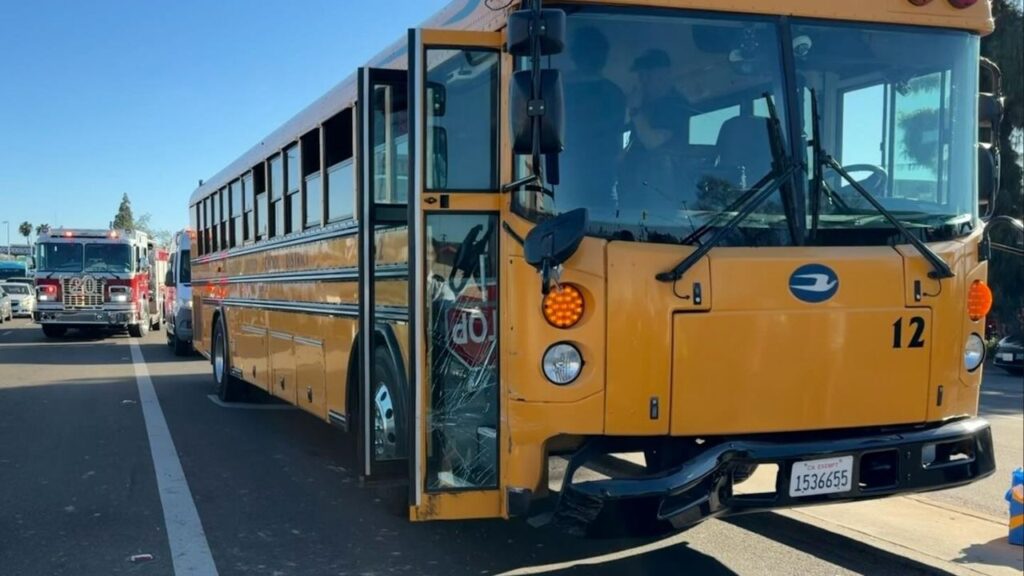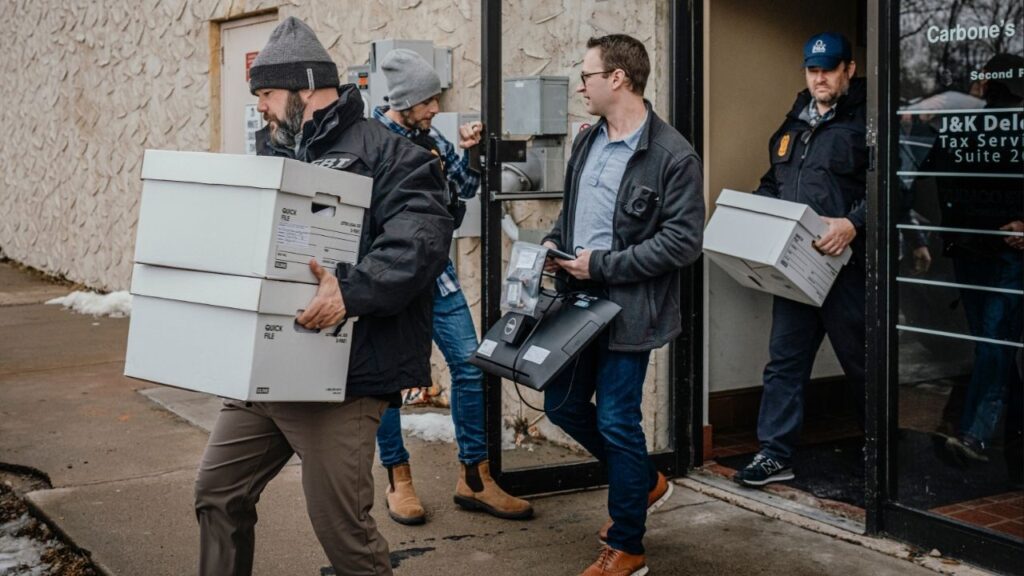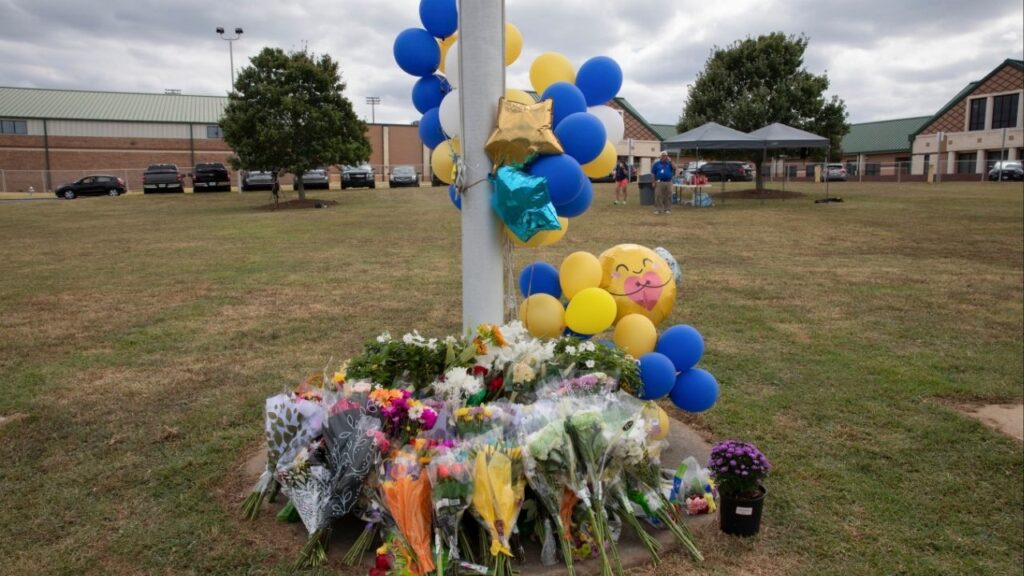Share
California, we have a problem. Gun sales are surging and a good number of these gun purchases are in direct response to the fear of the pandemic and social unrest, according to a recent UC Davis study.
Approximately 110,000 Californians have purchased a gun since March including an astonishing 47,000 first-time buyers. The nationwide gun-buying surges are fueling increases in fatal and non-fatal firearm-related injuries. Two public health crises have collided – gun violence and a global pandemic. This is cause for massive concern and action.

Brian Malte
Opinion
47,000 First Time Gun Buyers in California
The 47,000 new, first-time buyers are bringing guns into their homes and thinking they are protecting themselves and their families, but they are increasing the risk of danger of death, injury and trauma.
Data shows that guns are much more likely to be used against oneself or a family member than an intruder. A gun in the home substantially elevates the risk of intimate partner lethality involving women by 500% and suicide by 300%. Furthermore, a new study shows that 70% of those who bought a firearm during the COVID-19 pandemic reported having suicidal thoughts throughout their lives, compared to 37% of current gun owners.
No Safety Training Required
Bringing a gun into a home also affects children; a majority (89%) of unintentional shooting deaths occur in the home and an estimated 3 million children witness a shooting each year. First-time gun buyers aren’t required to learn how to safely handle a gun or know where and how to store it. The lack of required safety training and education for gun buyers puts families at risk.
It is not just about the risks of having more guns in more homes. Since the start of the pandemic, inequities, racial injustice, hate crimes and gun violence have exponentially increased. Gun violence is driven by many factors and conditions, many of which have been exacerbated by the pandemic – poverty, unemployment, isolation, hopelessness and loss. The combination of the surge of firearm purchases combined with the exacerbation of underlying health and social conditions in many communities is starting to prove deadly.
Given the pandemic and social unrest, it’s even more critical to invest in effective and proven gun violence intervention strategies, and keep the work of those on the frontlines of preventing gun violence in the spotlight. Their jobs have become even more challenging. These workers, including the dedicated hospital-based interventionists and the community-based organizations that employ them, need resources to keep the peace on the streets and to stop shootings.
Shootings and Homicides Continue to Increase
While crime has decreased throughout the country during the pandemic, homicides and shootings continue to increase, including California cities such as Los Angeles, San Jose and Oakland.
It’s critical to support community-based, public health strategies that support gun violence prevention including the important work of the UC Firearm Violence Research Center to educate medical professionals, clinicians and doctors to talk to their clients and patients about the risk of guns in the home.
When more Californians are buying guns, they are doing this out of real or perceived fear for themselves or their families. While this is understandable, most people don’t comprehend the risks associated with bringing a gun in the home. Our society is in a very volatile moment where more guns are now in more hands, in more homes and more accessible than ever.
Educate yourself and your family about the risks associated with gun ownership. Think twice about bringing a gun into your home, and if you do, learn how to store and handle the gun safely. It is incumbent on philanthropy, government and community-based organizations to work together to educate communities on the risks associated with gun ownership and double-down on effective and proven community violence intervention strategies.
About the Author
Brian Malte is the executive director for the Hope and Heal Fund, a California-based collaborative. He wrote this for CalMatters, a public interest journalism venture committed to explaining how California’s Capitol works and why it matters. Contact bmalte@hopeandhealfund.org
[activecampaign form=31]RELATED TOPICS:
Categories

School Bus Involved in Fresno Crash, No Student Injuries

Minnesota Sues Federal Government Over Withheld Medicaid Funds

Fresno Police Arrest 19 in DUI Enforcement Operation

















